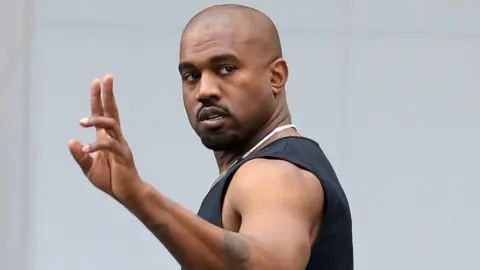Beyond Black and White: Celebrating the Spectrum of Rap
The question of "who's better, white rappers or black rappers?" is a tired trope in the ever-evolving world of hip-hop. It pits artists against each other based on race, ignoring the rich tapestry of talent and experience that defines the genre. Here, we'll explore the unique contributions of both white and black rappers, ultimately arguing that appreciating the full spectrum is what truly elevates the listening experience.
Black Originators, Laying the Foundation
Hip-hop, born in the streets of the Bronx in the 1970s, was a cultural movement pioneered by African Americans and Latinos. Artists like Grandmaster Flash, Kool Herc, and Afrika Bambaataa used innovative techniques like turntablism and breakbeats to create a new sonic landscape. These early rappers documented the struggles and realities of their communities, giving voice to a previously unheard segment of society. They addressed social issues like poverty, police brutality, and racism, sparking conversations that continue to this day.
Black rappers continue to be at the forefront of innovation, pushing the boundaries of lyricism, flow, and production. Legends like Public Enemy, KRS-One, and Rakim redefined wordplay and storytelling, while icons like Tupac Shakur and The Notorious B.I.G. brought raw emotion and social commentary to the forefront.
The Rise of White Rappers: Navigating Authenticity
White rappers emerged in the late 80s and early 90s, facing initial criticism for cultural appropriation. Rappers like the Beastie Boys and Vanilla Ice were accused of exploiting a genre they weren't part of. However, artists like LL Cool J defended them, recognizing that appreciation for the music shouldn't be limited by race.
Over time, white rappers carved their own space. Eminem, arguably the most successful white rapper, addressed his own racial identity while showcasing exceptional lyrical dexterity and storytelling. He battled against accusations of inauthenticity by proving his skills and respect for the art form. Other white rappers like Macklemore explored social issues and mental health struggles, resonating with a broader audience.
Beyond Race: A Spectrum of Styles and Experiences
Focusing solely on race ignores the incredible diversity within hip-hop. Black rappers hail from a range of backgrounds, each influencing their sound. Southern rappers like Outkast and Scarface brought a distinct flow and focus on social and economic disparities in their communities. West Coast rappers like N.W.A. dealt with gang violence and police brutality, while East Coast rappers like Nas offered introspective commentary on urban life.
Similarly, white rappers offer a variety of perspectives. Immortal Technique delves into political and social issues, while Aesop Rock's complex wordplay pushes the boundaries of storytelling. Artists like Logic and Macklemore tackle mental health and social justice.
The Power of Collaboration: A Tapestry of Influences
The beauty of hip-hop lies in its collaborative spirit. Black and white rappers have consistently influenced each other, fostering a continuous evolution of the genre. Eminem's early work drew inspiration from rappers like Rakim and Kool G Rap, while influencing countless white artists like Macklemore. Kanye West, a black producer, has worked with an array of rappers, both black and white, shaping the sound of contemporary hip-hop. Collaborations transcend racial barriers, creating unique sounds and perspectives. Run-DMC, a pioneering all-black rap group, famously collaborated with rock band Aerosmith, blurring genre lines and expanding hip-hop's reach. These collaborations demonstrate the power of shared passion for music, pushing the boundaries of creativity.
Collaborations transcend racial barriers, creating unique sounds and perspectives. Run-DMC, a pioneering all-black rap group, famously collaborated with rock band Aerosmith, blurring genre lines and expanding hip-hop's reach. These collaborations demonstrate the power of shared passion for music, pushing the boundaries of creativity.
Conclusion: Celebrating the Full Spectrum
The question of "who's better?" is not only reductive but misses the point. Hip-hop is a rich tapestry woven from the threads of diverse experiences and perspectives. Black rappers laid the foundation, addressing social issues and innovating styles. White rappers broadened the genre's reach, adding their own narratives and pushing boundaries.
Instead of pitting artists against each other, let's celebrate the full spectrum of hip-hop. By appreciating the unique contributions of both black and white rappers, we gain a deeper understanding of the world and the power of music to connect us all. The next time you hit play, focus on the artist's message and skill, regardless of race. That's where the true magic of hip-hop lies.










































